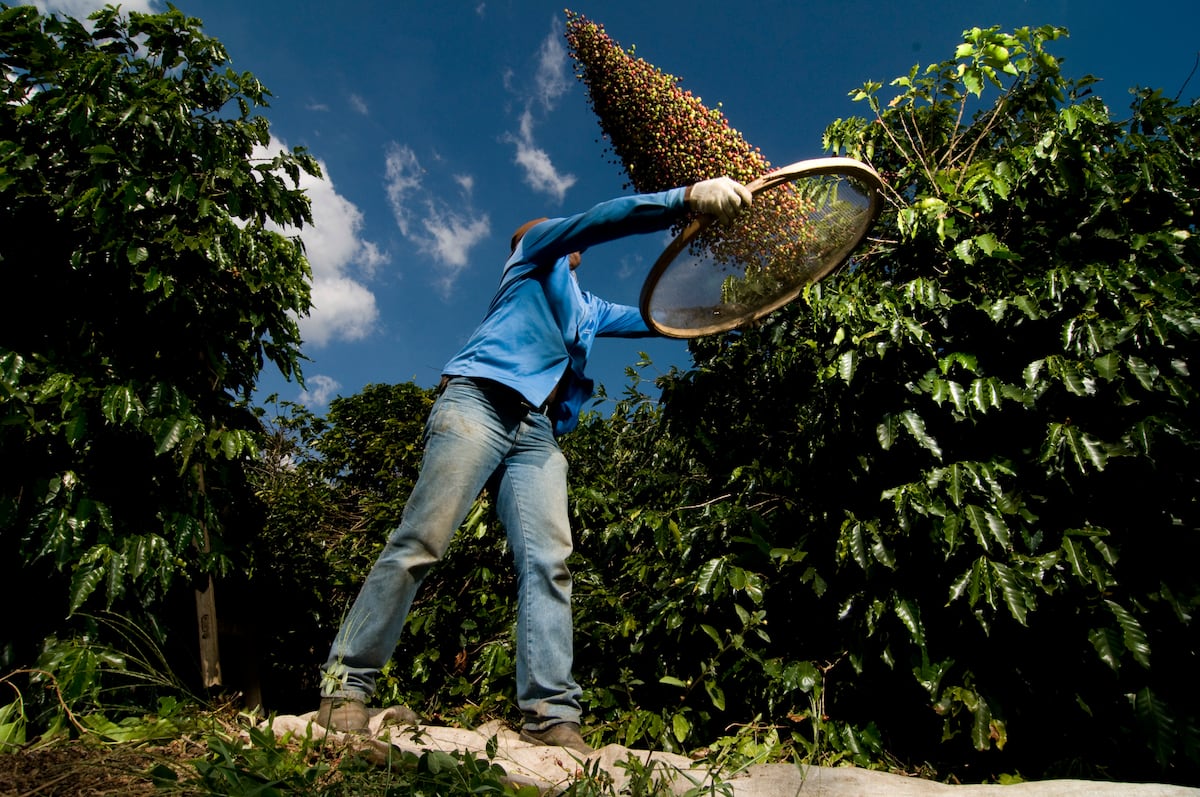
"While the base price of coffee has risen on international markets, the premium paid for exclusively Brazilian coffee, now less sought after, is falling. This is a typical phenomenon in international trade when tariffs are imposed: the exporter usually takes the hit in the short term and lowers prices to avoid being shut out of the market. The importer, for its part, may see its margins reduced and try to renegotiate prices and contracts."
"The current situation for U.S. roasters is like having to choose between a Ferrari and a Toyota, says Gustavo Gomez, president of Asoexport, Colombia's coffee exporters' association. Let's say Colombian coffee, for its quality, is the Ferrari. And Brazilian coffee, more mass-produced, is the Toyota. Now, because of the tariffs, the Toyota costs almost the same, so I'd rather buy the Ferrari."
A 50% U.S. tariff on imports from Brazil has sharply disrupted the coffee trade, prompting U.S. buyers to reject new contracts and review existing ones. Arabica futures rose over 10% in the fastest weekly gain in nine months, with seven consecutive days of increases. Protectionism has created supply-demand imbalances: global base prices have risen while premiums for Brazilian coffee have fallen as exporters lower prices to remain competitive. Importers face squeezed margins and seek renegotiations. Prolonged tariffs would pass higher costs to consumers. Industry leaders compare shifting buying preferences between Colombian and Brazilian coffee quality and pricing.
Read at english.elpais.com
Unable to calculate read time
Collection
[
|
...
]